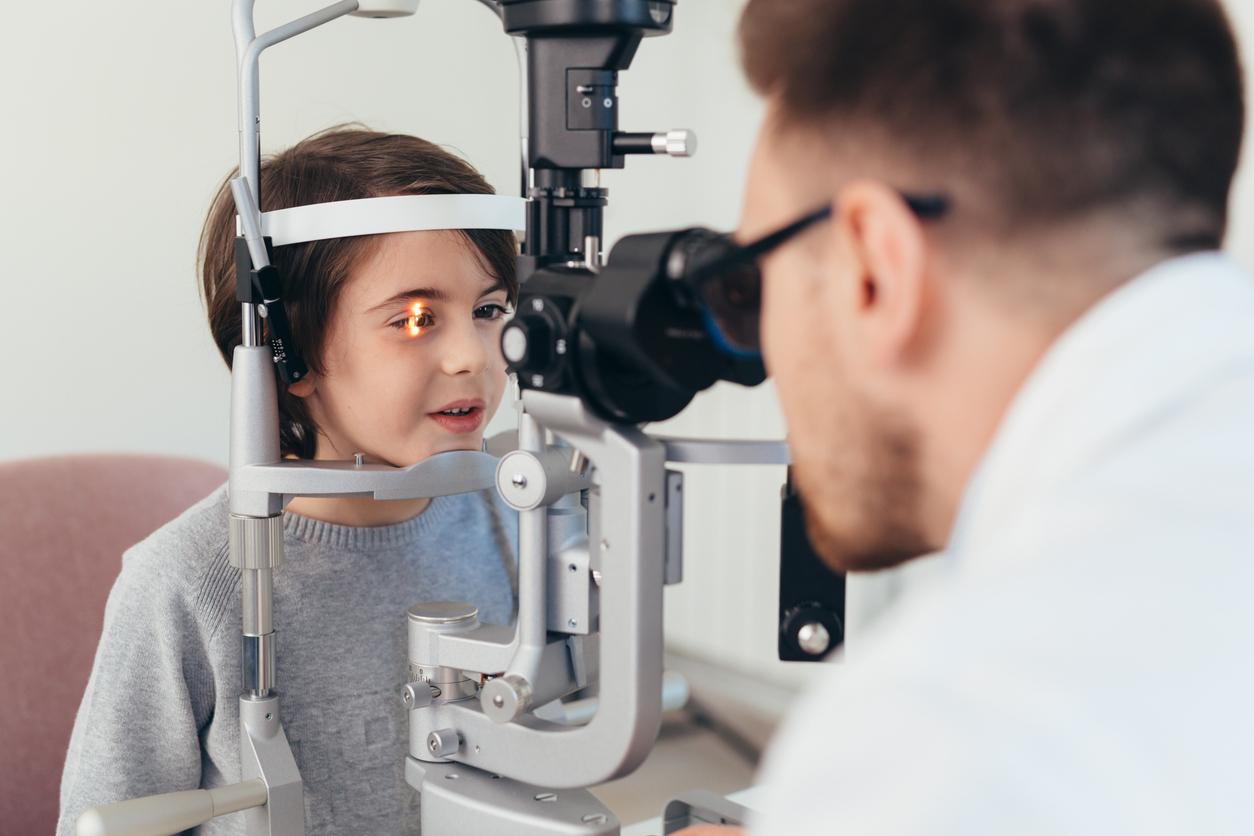According to a new study by doctors from the University Hospital of Strasbourg, vagal hyperactivity and repeated discomfort could be the warning signs of sudden infant death syndrome. This discovery paves the way for a future screening test.

A source of anguish for all new parents, Sudden Infant Death Syndrome (SIDS) is the unexpected death of an apparently healthy infant during sleep. First cause of post-neonatal infant mortality in high-income countries on average it affects less than 500 newborns in France each year.
While many risk factors, such as prone position, swaddling or smoking, are now better known to parents and early childhood professionals, some remained unknown until now.
A new study conducted by doctors from the Strasbourg CHRU and published in mid-July by the Public Library of Science (PLOS) shows that infants with vagal hyperactivity and repeated discomfort are at increased risk of sudden infant death syndrome. This discovery could, according to them, pave the way for the screening of a “significant” part of babies at risk.
Targeting children with repeated faintness
“This is the first study that provides biological proof, both in adults and in children who experience repeated discomfort, that there is vagal hyperactivity in some and that we can offer them treatments”, explains Dr. Charlie De Melo, resuscitator-pediatrician and co-author of the study, interviewed by AFP.
Following initial tests carried out on rabbits, the researchers took samples from adults and children subject to vagal discomfort. They then compared these results with those of healthy subjects.
They found that subjects with frequent syncope had an overexposure of muscarinic receptors, an enzyme believed to regulate these receptors. “There are receptors located at the cardiac level and sometimes the mechanism that counterbalances the stress system (the acceleration of the heart rate, the increase in tension) is excessive, the heart slows down too much and the brain is less perfused “, details Dr. De Melo.
If in an adult, this loss of consciousness is not serious, “in certain newborns who have pathological muscarinic overexpression, this can go as far as complete cardiac arrest”.
Screening by simple blood test
For doctors, these results are very encouraging because they pave the way for early detection of babies at risk of sudden death. “Until now, we were a little lost in front of these discomforts because we were only on clinical signs, but there, by taking a blood test, we can measure the importance of the overexpression and how the enzyme acts”, explains Dr. Angelo Livolsi, cardiopediatrician and co-author of the work.
Eventually, the researchers would like to develop a blood test to be performed on 3-day-old infants, “on a large scale, at the same time as other neonatal screenings”.
“The idea would be to detect these patients before they become seriously ill and to treat them during their first year of life, ie the period of maximum risk”, says Dr De Melo. A treatment is already prescribed at the University Hospital of Strasbourg: a synthetic anti-muscarinic capable of regulating the activity of the receptors.
Further research is still planned to establish reference values for newborns and premature babies.
.

















